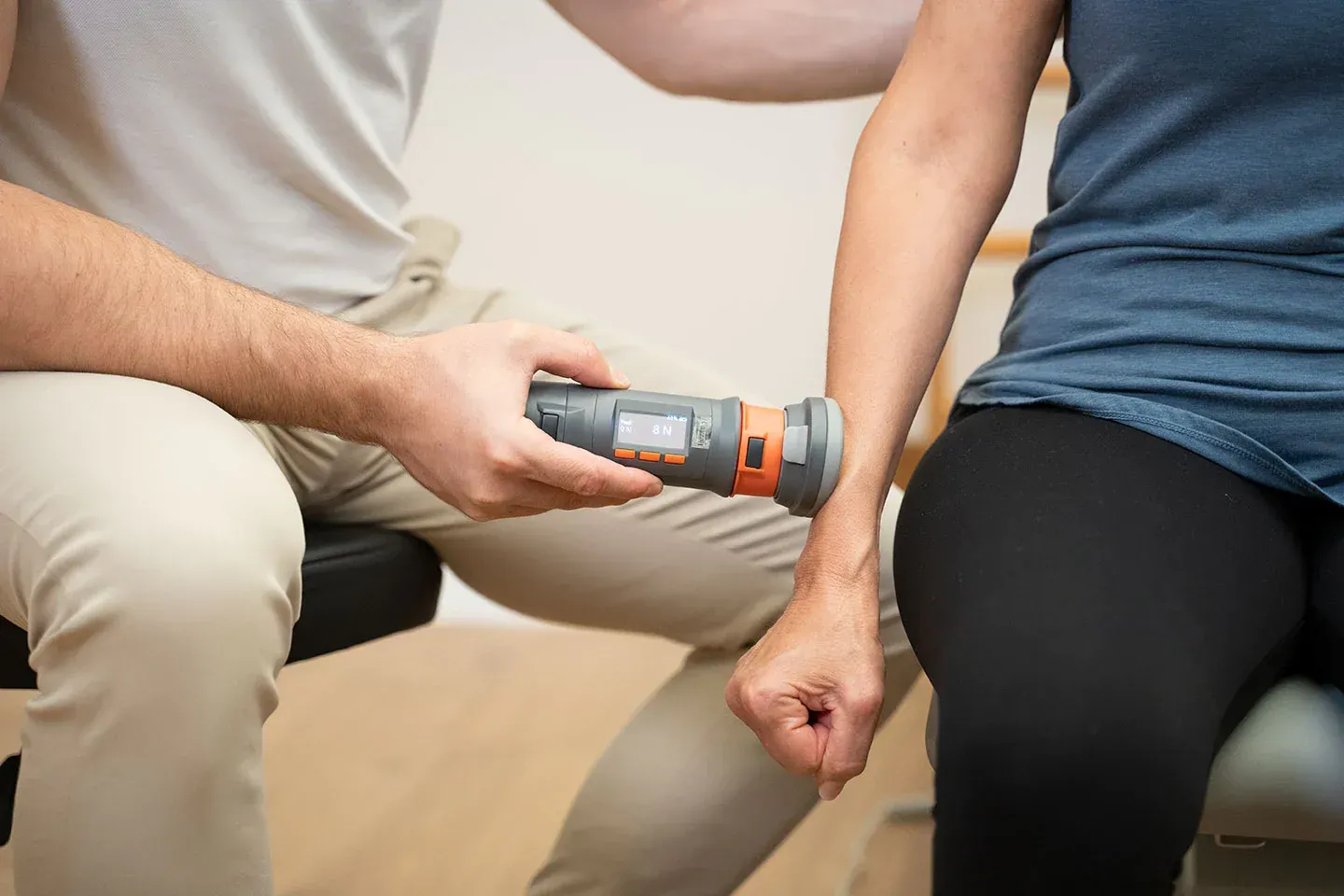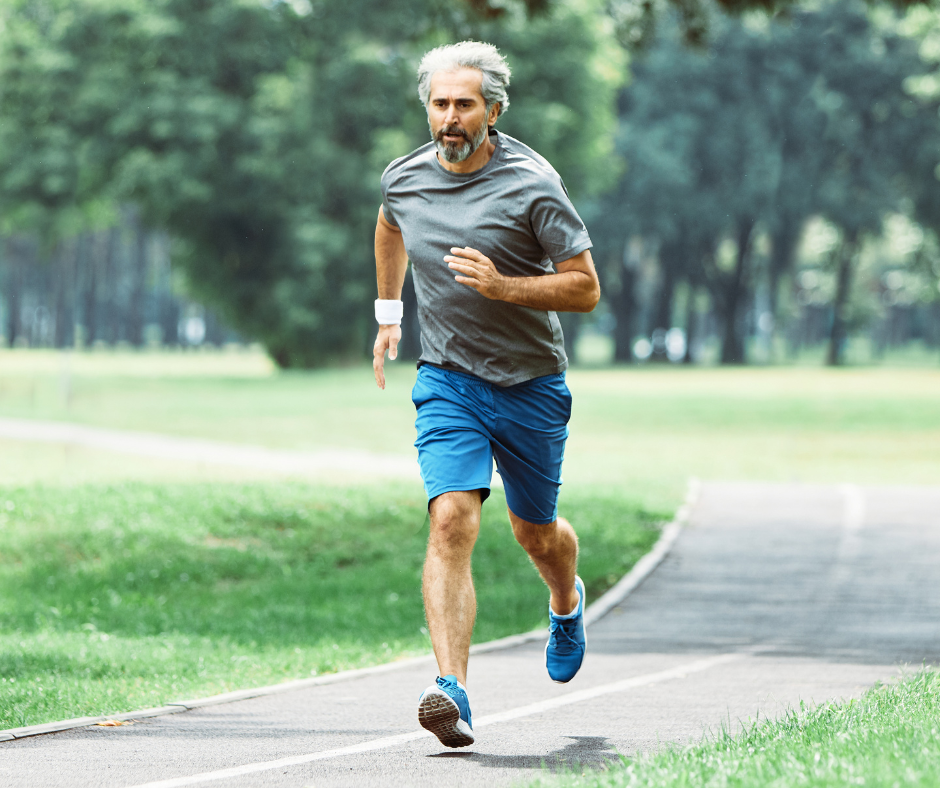Mental Wellbeing In Injury & Rehab. It All Counts.
Last week, USA gymnastics champion Simone Biles stood down from competing in the Olympics, citing both physical and mental health reasons. Biles’ story dominated the headlines but her public commitment to the importance of mental health should also highlight to all athletes the critical role that mental health plays in your ability to perform.
Despite the growing recognition of the importance of mental health, in physiotherapy we commonly see people who don’t prioritise their mental wellbeing or consider its importance when trying to improve their physical health after an injury.
In addition to addressing the cause of, and physical rehab for, an injury, you can make any recovery faster and more effective by taking care of your mental health. For example, in consultations with my clients, I usually break this down into a few manageable things to consider.
Sleep
It is a basic need. Sleep-deprived people often feel worse than those who are well-rested. It could also be a reason why, according to recent research, sleep deprivation increases sensitivity to pain and in fact makes us hypersensitive to activities that may not usually cause pain. This hypersensitivity could exacerbate symptoms of persistent and non-specific pain, such as neck and lower back pain.
The argument for the importance of sleep doesn’t stop there. Studies suggest that inadequate sleep impairs maximum muscle strength, athletic performance, concentration, mood and bone health. A large comparative study completed in 2018 by Bonnar et al tested athletes in a range of skill sets. It concluded that performance and health in the general population were improved with between seven and nine hours of sleep per night. However, in the athletic population, the benefits were much higher in those sleeping for up to ten hours per night.
For both physical and mental recovery, it is clear that getting a good night’s sleep is of prime importance and could even reduce your risk of injury in the first place.
Stress
Stress is a huge contributor to your ability to heal. In our clinic, we often see patients who are under a high volume of stress take longer to improve or on occasions not improve until their stress levels are better managed. Unhelpfully, stress and injuries also work together, as a patient’s stress tends to be heightened by an injury or the injury itself is a stress.
It is entirely natural to have varying mental health whilst going through rehab or training. However, the key is monitoring your stress levels. Firstly, assessing your training plan to identify any potential triggers of increased physical stress. Secondly, constantly assessing and supporting your mental wellbeing. For example, rest days are critical for both physical and mental recovery. Finally, we know that we can’t remove all stress from our lives, so acknowledging them and creating strategies to tackle them is vital.
Belief & expectation
These two areas are critical. Understanding your beliefs about what caused your issue and what is wrong as well as your expectations about what you require to improve are very important. In a consultation, we aim to make sure that you understand both of these points and that both clinician and patient are as aligned as possible. If not, it is important to take time and explore the reasons for any differences in opinion and, by ensuring there is a two-way conversation, we can agree a route forward together.
By way of example, you may have a muscular injury because of weakness and your Physiotherapist might feel this requires strength work and a structure loading programme whereas you could feel it needs passive intervention. Here, our beliefs and expectations are not aligned and could lead both parties to feel discouraged. By identifying this at the outset and working together to agree treatment, we can ensure that you are mentally invested in your recovery.
Physical and mental health cannot be treated in isolation. Although some individuals often see a rehab journey as primarily physical, we strongly believe in the need for holistically treating the whole individual, both mind and body.





